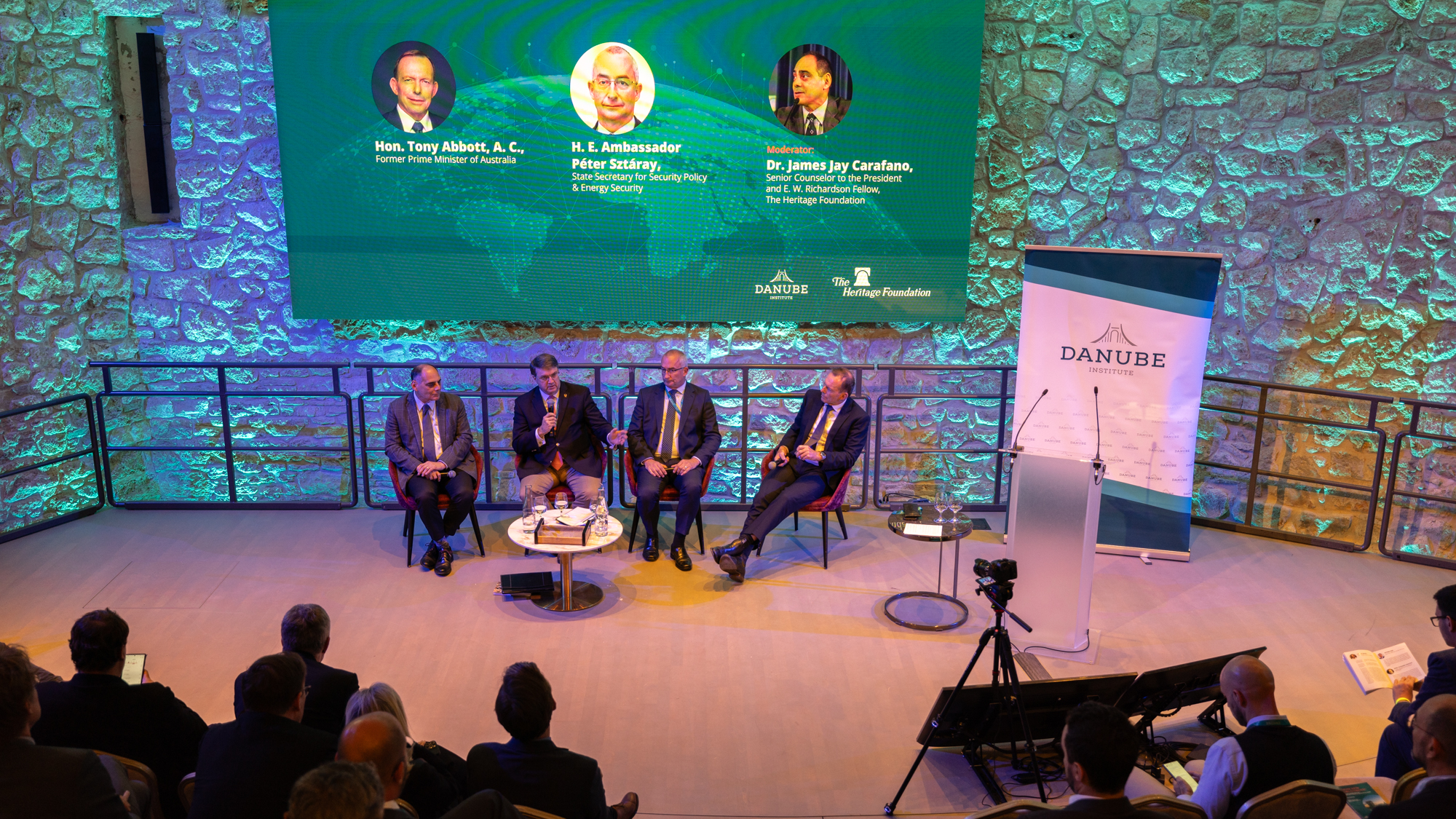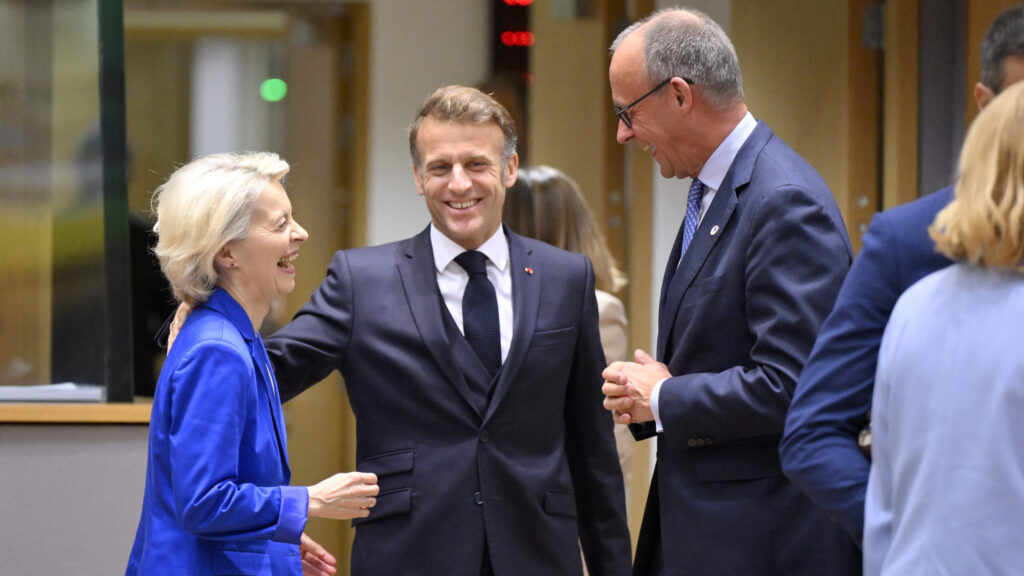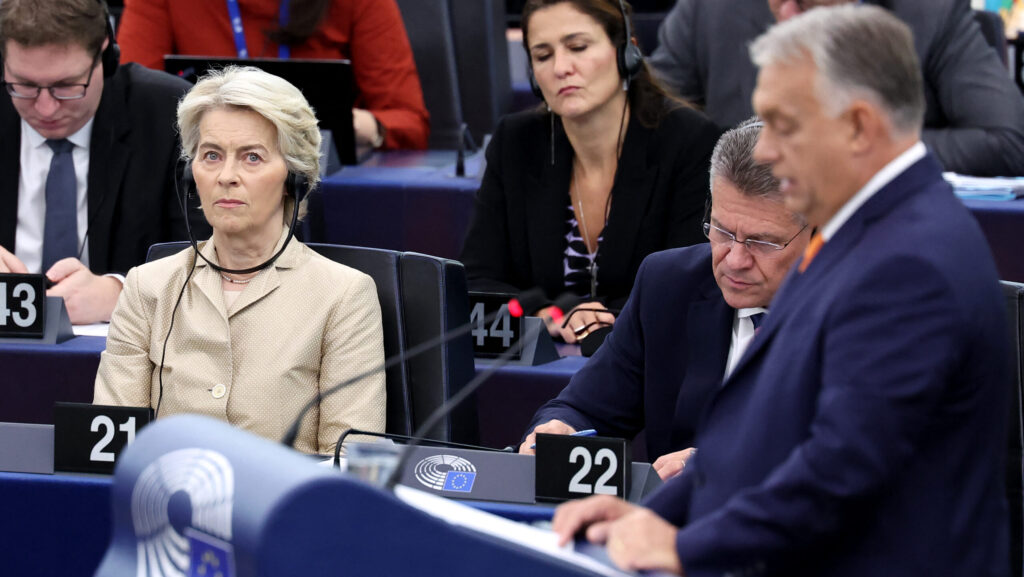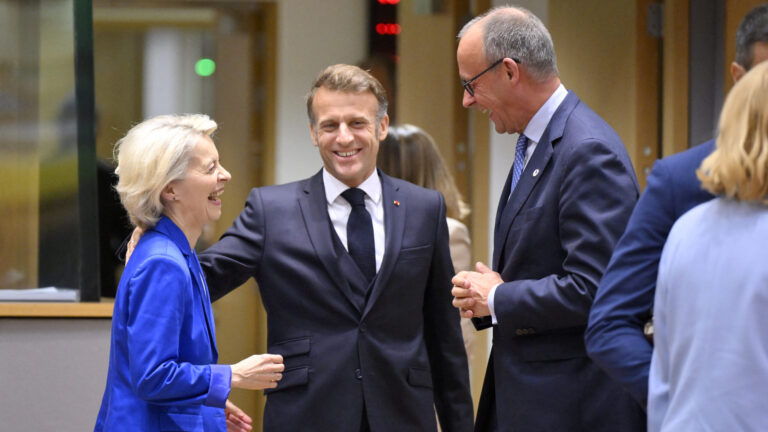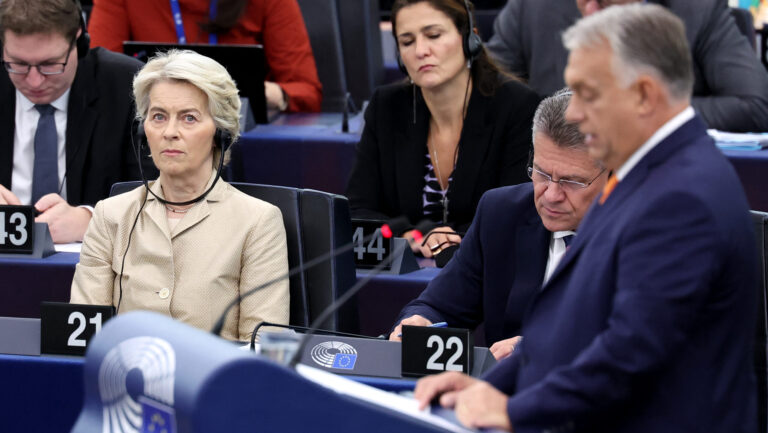Senior Fellow at the Hudson Institute Brigham McCown; Founder and President of SVB Energy International Dr Sara Vakhshouri; Visiting Fellow at the Mathias Corvinus Collegium (MCC) Dr Ralph Schoellhammer; Chief Advisor to Hungarian Energy Minister Csaba Gondola; and President and Chief Executive Officer for the Canadian Gas Association Timothy M Egan gathered for a discussion about the future of global energy at Day One of the fourth Danube Institute – The Heritage Foundation Geopolitical Summit in Budapest, Hungary. The discussion was moderated by Logan West of the Danube Institute.
Mr McCown started by asserting that ‘the modern living standards of today have been made possible by access to cheap energy,’ emphasizing the affordability aspect of energy production. He then pointed out that as the global population grows, so will the global energy demand.
As for the push for the transition to green energy, Mr McCown stressed that such transitions tend to be slower than anticipated. He then went on to talk about how great impact the transition to coal-based energy production, as opposed to biomass-based (such as wood) energy production had on the world during the first industrial revolution in the 18th century. He made the claim that the British Empire rose to be the prominent world power because of its early adoption of coal-based energy.
‘For millennia, energy has been at the heart of human progress’
Since then, humanity has shifted to oil and gas-based, then atomic energy, which harvests the power of nuclear fission. These transitions took place over hundreds of years. The speaker also pointed out that countless wars have been fought over energy resources as well. ‘For millennia, energy has been at the heart of human progress,’ Mr McCown concluded his speech.
Mrs Vakhshouri took the floor next. She stressed that despite what leftist politicians and activists tend to say, it is not just green energy that is sustainable and responsible. She believes that countries should rely on all forms of energy production for flexibility. She then pointed to the problem of AI and data centres having massive power consumption in Western countries.
Mr Schoellhammer told the audience that one of the things that sets humans apart from animals is that humans have learnt how to harvest nature’s energy for themselves. He then went on to talk about how switching to more efficient energy production in the 18th century led to the abolition of slavery in the West. As he pointed out, steam engines powered by coal in the United Kingdom in the early 19th century could perform the equivalent labour to twice the country’s population at the time. Mr Schoellhammer too pointed to a present-day issue: due to the push for green energy, not enough new oil refiners are built in the West. Therefore, these facilities are now scarce and outdated.
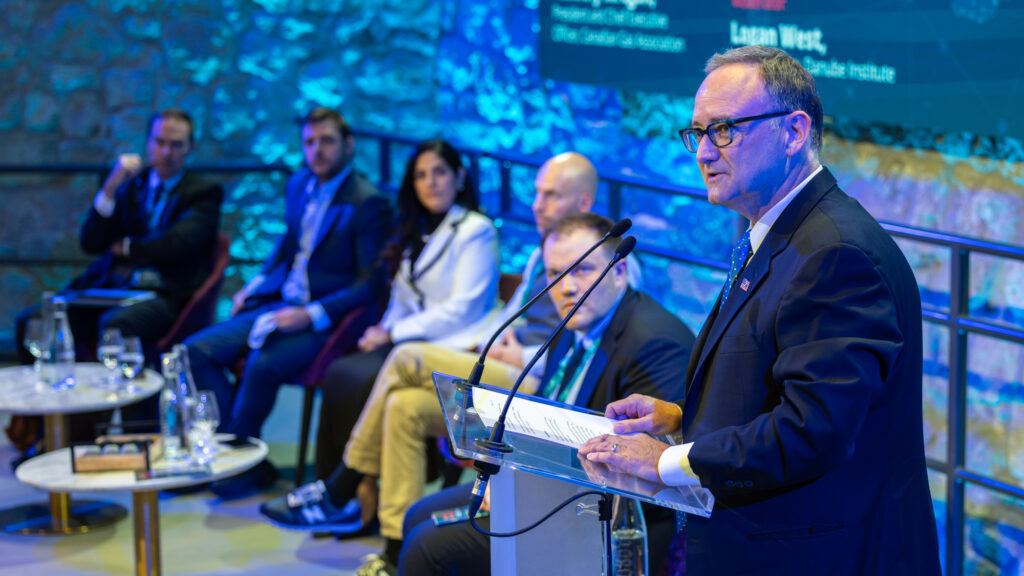
Mr Gondola talked about how EU Commission President Ursula von der Leyen’s Green New Deal, which she had described as a ‘man on the Moon moment’ during its announcement five years ago, has actually been a failure, unable to achieve its goals. He also pointed out that the EU is only responsible for seven per cent of global greenhouse gas emissions. So, even if it had been successful, it would not have made that much of a difference on a global scale.
Mr Egan thinks that the rhetoric of green energy activists and politicians pushing for green energy is just ‘promotion’, rather than science and substance. He went as far as saying that at times they ‘use the language of religion, not science’. However, since, as he pointed out, forced green energy transitions tend to lead to rising costs for the consumers, these politicians are often voted out of office once they act on their beliefs.
The speaker also said that green activists tend to focus on electricity too much. As he pointed out, electricity amounts to just 20 per cent of energy delivery, the rest is solid, liquid, or gas-based.
To close Day One of the Danube Institute Geopolitical Summit, Former Prime Minister Tony Abbott of Australia; Ambassador Péter Sztáray, State Secretary for Security Policy and Energy Security of Hungary; and Former US Secretary of Veterans Affairs Robert Wilkie took the floor for closing remarks, with James Carafano, Senior Counselor to the President at Heritage Foundation being the moderator.
Danube Institute on X (formerly Twitter): “🇦🇺 @HonTonyAbbott: 🇭🇺 #Hungary is proud of its past, therefore it has more confidence in its future.📍@InstituteDanube pic.twitter.com/ZSQFusGnqs / X”
🇦🇺 @HonTonyAbbott: 🇭🇺 #Hungary is proud of its past, therefore it has more confidence in its future.📍@InstituteDanube pic.twitter.com/ZSQFusGnqs
Former PM Abbott started with a rather ominous statement, saying that ‘The world has never been a more dangerous place, not in my lifetime’. He was referring to the Hamas–Israel war, which he described as ‘another potential Holocaust’ in the Middle East, as well as the ongoing Russo–Ukrainian war in Eastern Europe. He also stated that the West has lost its self-confidence and it is being plagued by an energy crisis.
‘The world has never been a more dangerous place, not in my lifetime’
Ambassador Sztáray told the audience that these times are a new chapter in the post-Cold War Era. He also spoke of Hungary’s stance on the war in Ukraine as a NATO member. Initially, NATO members were in agreement to not get involved in the war. However, as that changed with military equipment shipments and talks of landing NATO troops, Hungary, as an ally, was still reluctant to veto the proposal. Instead, it secured commitments that it will not be compelled to send its own troops if they wish not to.
Secretary Wilkie, meanwhile, lamented his home country of the US’s loss of military competence, which he hopes it regains under a second Trump administration.
Related articles:

